Legal Intelligence,
Perfected.
The secure AI workspace for high-stakes document analysis. Analyze thousands of documents in minutes. Integrated securely with your private cloud, ensuring zero data training and 100% grounded citations.
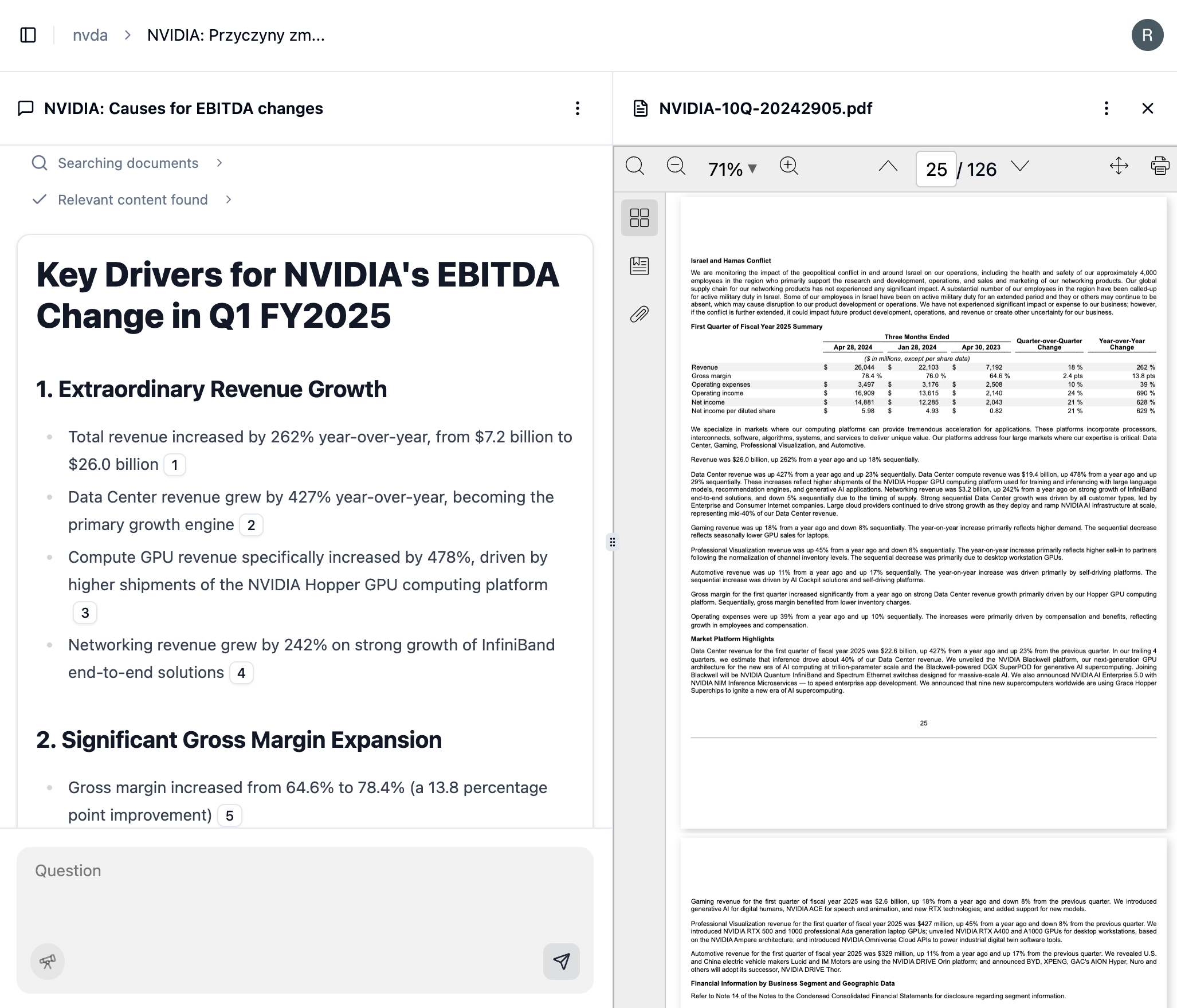
Trusted by Leading Law Firms

Transform Your Legal Practice
AnyLawyer helps legal professionals save time, reduce errors, and gain deeper insights from their documents.
Automated Due Diligence
Identify and extract specific provisions from hundreds of documents instantly. Automate the review of contracts, leases, and discovery materials with citation-backed accuracy.

Instant Case Research
Stop manual searching. Ask complex questions across your entire case file and get answers rooted in evidence.
What are the key provisions in section 3.2?
When does this contract expire?
What are my obligations under this agreement?
Is there a non-compete clause in this document?
What are the termination conditions?
Who are the involved parties?
What are the payment terms?
Are there any indemnity clauses?
What is the governing law?
How can this agreement be amended?
Report Generation
Generate accurate and comprehensive legal memos and client reports directly from your case documents.
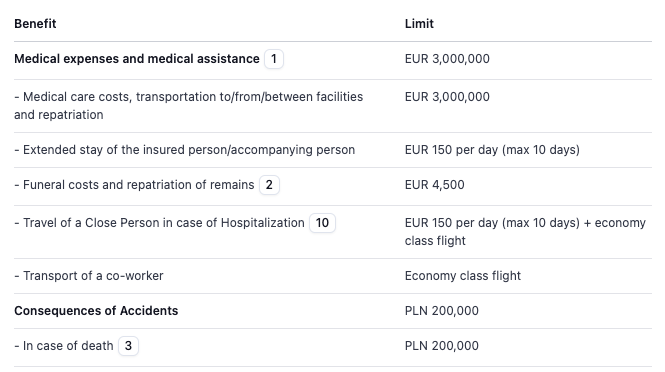
Deposition & Testimony Review
Process and analyze court transcripts to identify inconsistencies, key admissions, and argumentative patterns.
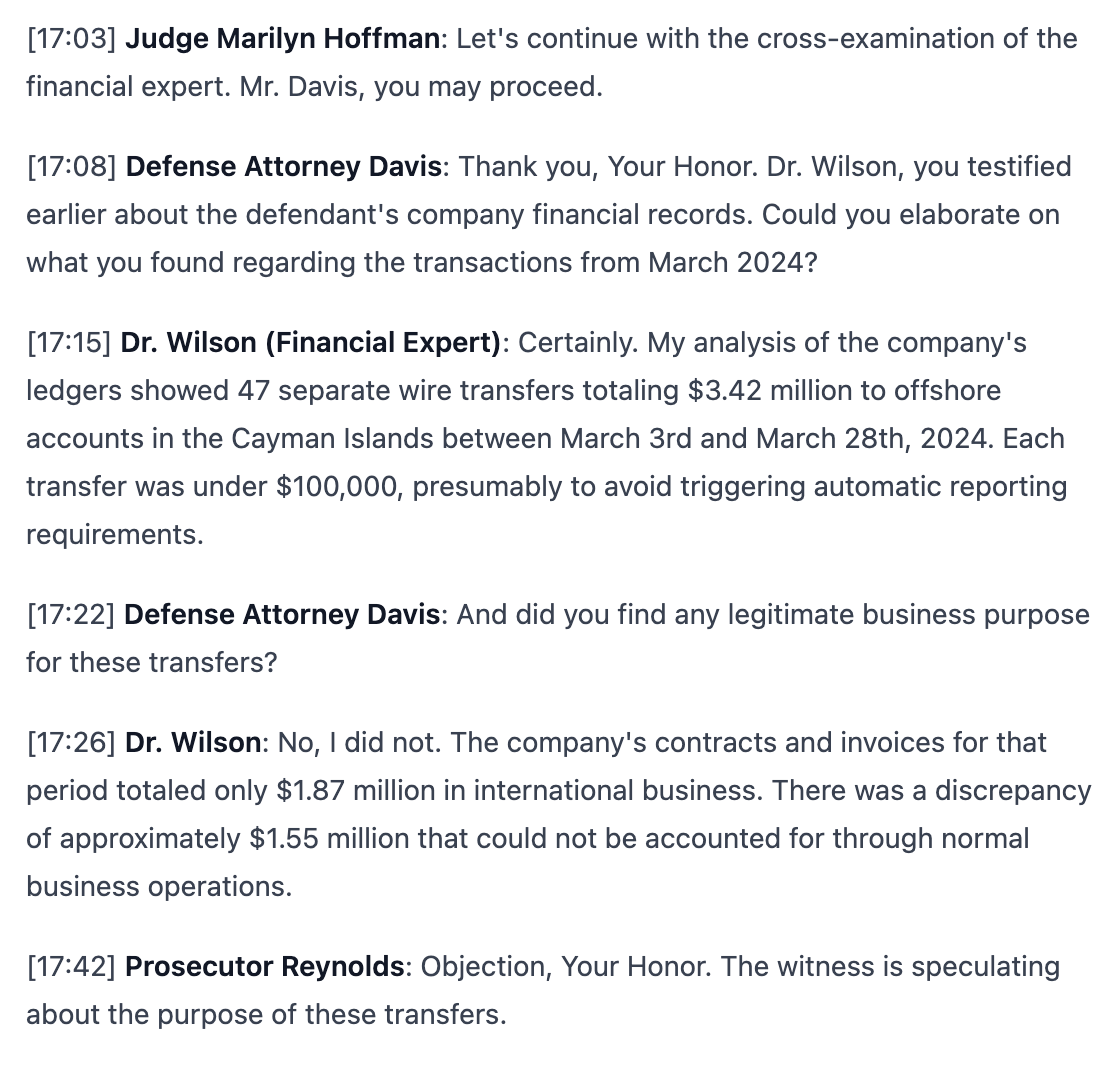
Grounded Citations
Every claim is linked directly to the source text for instant verification. Zero black-box answers.
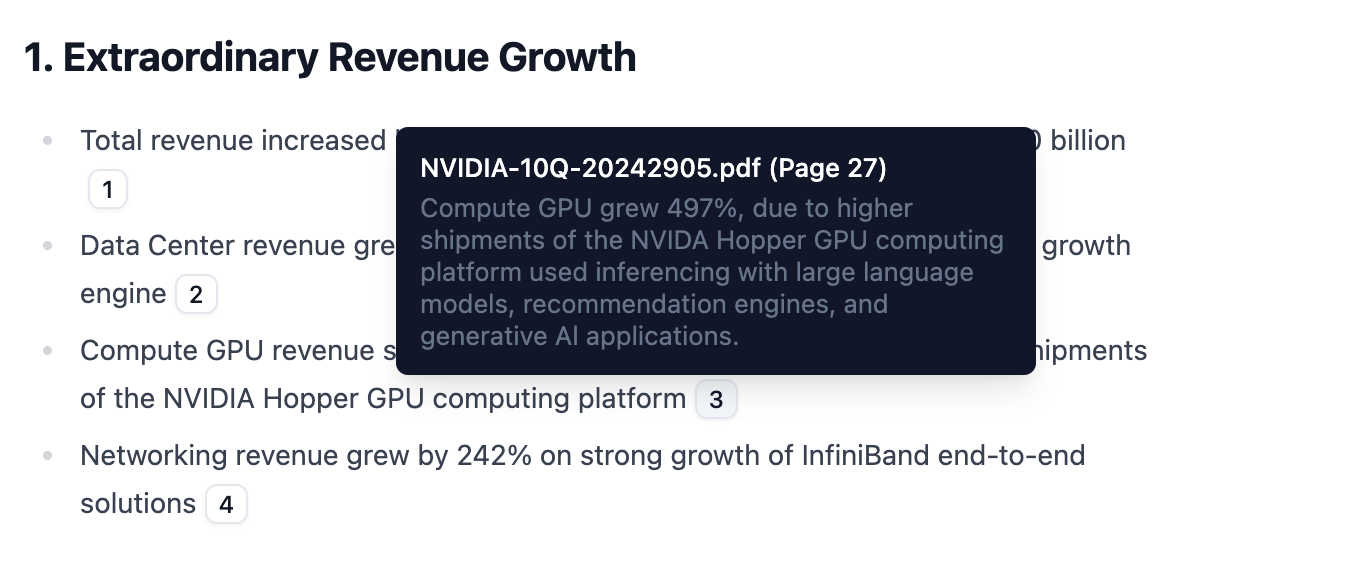
Audit Trail
Follow the AI's reasoning step-by-step. Understand exactly how a conclusion was reached before advising your client.
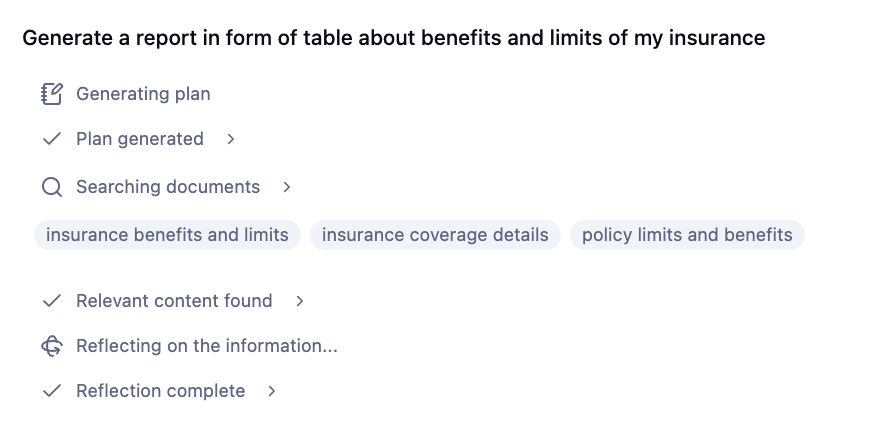
Complete Legal Toolkit
Everything you need to manage complex legal workflows in one secure platform.
AnyLawyer's Deep Context Analysis supports hundreds of thousands of documents per project, enabling full-corpus discovery.
All answers are supported by pinpoint citations from the original document. Trust but verify.
Optional deployment to your own private cloud infrastructure. We support AWS, GCP and Azure.
Our AI breaks down complex legal queries into logical steps to find answers buried across hundreds of files.
AnyLawyer connects to your DMS. Google Drive integration available; SharePoint and OneDrive coming soon.
Project-level isolation ensures client data never crosses. Encrypted at rest and in transit. EU-hosted.
Export your answers to DOCX format for easy sharing and collaboration.
Share documents, insights, prompts, and search results with your team. Create collaborative workspaces for case research and knowledge sharing.
Enterprise-Ready Compliance & Data Sovereignty
We understand that client confidentiality is paramount. That's why AnyLawyer is built with a security-first architecture designed for modern legal practice.
- End-to-end encryption for data in transit and at rest
- Strict project and data isolation
- Zero-training policy: We never use your data to train our models
- Dedicated private cloud deployment options available
Simple, Transparent Pricing
Choose the plan that best fits your practice's needs. No hidden fees, no long-term commitments.
| Features | Free 0zł 30-day trial | Plus 199zł per seat/month | Pro 499zł per seat/month | Enterprise Custom Contact us |
|---|---|---|---|---|
| Basics | ||||
| Price per seat | Free | 199zł | 499zł | Custom |
| Messages per month | 20 | 100 | 500 | Unlimited |
| Projects | 10 | Unlimited | Unlimited | Unlimited |
| AI & Models | ||||
| AI models | Advanced | Advanced | All models | All + BYOK |
| Reasoning modes | Fast | All modes | All modes | All modes |
| Grounded citations | ||||
| Features | ||||
| Audio transcriptions | ||||
| Export to DOCX | ||||
| Integrations | ||||
| Google Drive integration | ||||
| Polish legal sources | ||||
| Web search | ||||
| Security & Compliance | ||||
| SSO (Okta, Azure AD) | ||||
| Private cloud deployment | ||||
Ready to get started?
* Polish legal sources include: Polish legislation (acts, regulations), tax interpretations, common court and Supreme Court rulings, Constitutional Tribunal rulings, and KIO rulings (public procurement).
Frequently
Asked
Questions
Everything you need to know about the product and billing.
Ready to modernize your practice?
Join the fastest growing legal AI platform today. No credit card required for trial.